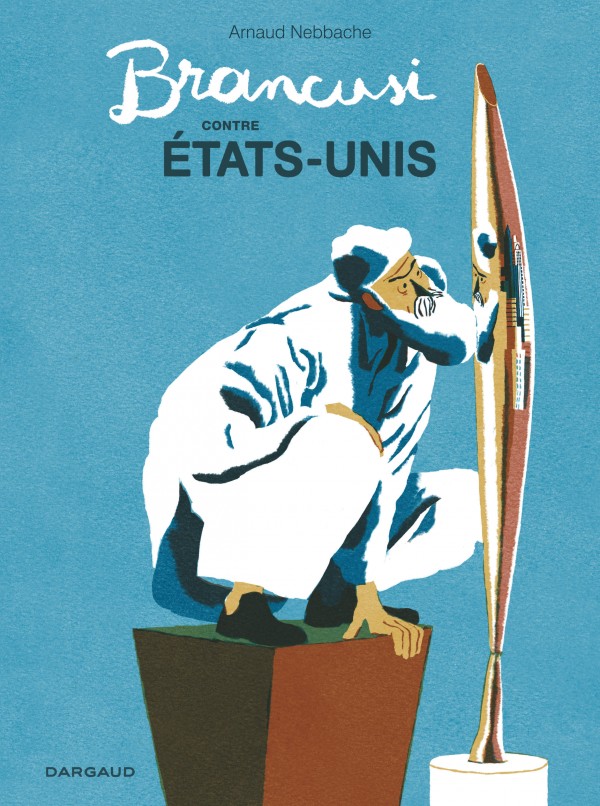128
1
210 * 282
06/01/2023
12+
New York, 1926. Marcel Duchamp is organizing a major exhibition of the Romanian sculptor Constantin Brâncuși’s work, but when the exhibits arrive at the harbor, customs officers refuse to treat them as works of art and impose the import duty applicable to “consumer goods”—to the tune of $40,000. With the help of Duchamp and his other American contacts, Brâncuși sues the American government and the court has to decide what constitutes a work of art. The argument, which centers around one of Brâncuși’s Bird in Space sculptures, lasts several months, with various other artists and expert witnesses called by Duchamp to answer the questions posed by Brâncuși, who is still in Paris. Supported by his partner Marthe and encouraging letters from friends such as Fernand Léger, Alexander Calder, Man Ray, and Jean Cocteau, the nervous and quiet artist attempts to define abstract art and the distinction between art and craft. Meanwhile, on the other side of the Atlantic, Duchamp is tearing his hair out over the questions raised by the court, which seem to reduce the act of artistic creation to the level of manufacturing. Ironically, the man who coined the term “readymade” finds himself powerless in a country that seems hostile to new and fresh ideas.



